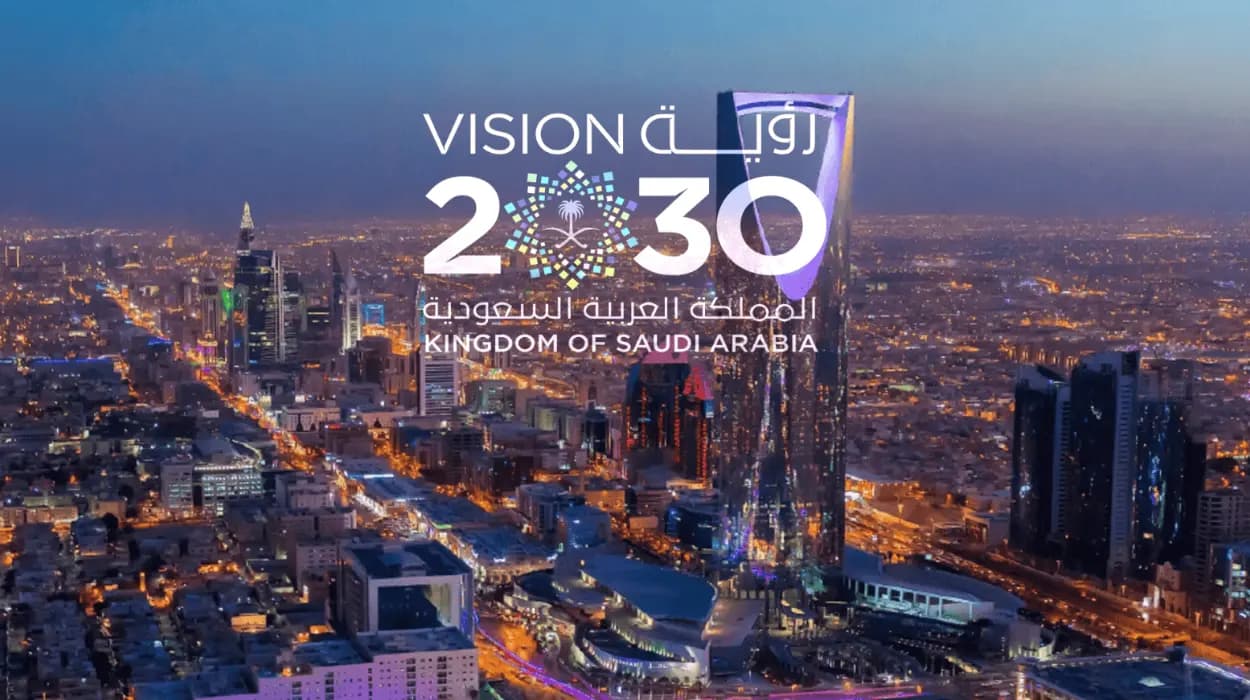Saudi Arabia is rapidly advancing its industrial
transformation leveraging Fourth Industrial Revolution (4IR) technologies such
as artificial intelligence (AI), the Internet of Things (IoT), and 3D printing.
The Kingdom aims to diversify its economy, boost manufacturing, and position
its industrial sector as a key growth engine under the guidance of Vision 2030
and the National Industrial Strategy.
Saudi Arabia's New Industrial Era
Saudi Arabia's industrial sector is experiencing a
significant transformation driven by innovation and advanced technology. Under
the leadership of the Ministry of Industry and Mineral Resources, this
development supports Saudi Vision 2030’s ambition to diversify the economy away
from oil dependence and enhance industrial productivity and sustainability.
According to a report by PR Newswire on October 9, 2025, the
Fourth Industrial Revolution is central to this shift, enhancing manufacturing
through automation and digitisation technologies including AI, IoT, and 3D
printing. These technologies are improving productivity, streamlining supply
chains, and enabling smarter industrial operations across the Kingdom.
National Industrial Strategy and Future Factories Program
The National Industrial Strategy, overseen by the Ministry
of Industry and Mineral Resources, reinforces these priorities through
initiatives like the Future Factories Program. This programme aims to convert
4,000 traditional manufacturing facilities into smart factories meeting
international standards. The strategy is designed to create a competitive and
diversified industrial economy by fostering innovation and efficiency at every
stage of industrial production.
A supporting statement from Saudi Standard dated May 25,
2025, highlights that by the end of 2024, Saudi Arabia operated over 12,000
factories, with a target to reach 36,000 by 2035. The Kingdom has developed 40
industrial cities and sector-specific clusters across aviation, automotive,
food, mining, and petrochemicals. These cities are integrated with ports, rail,
and highways to connect local industries with global markets.
Growth Indicators and Economic Impact
The General Authority for Statistics has reported a 6.5%
increase in the Industrial Production Index (IPI) as of July 2025 compared with
the same period in the previous year. This growth is mainly attributed to
manufacturing activities, reflecting the real impact of industrial development
and transformation programs on productivity and competitiveness.
Industrial Incentives and Investment
To accelerate industrial growth, Saudi Arabia launched the
Standard Incentives Program for the industrial sector on January 11, 2025. This
initiative allocated SAR 10 billion (approximately $2.66 billion) to strengthen
local manufacturing and reduce imports. The programme offers up to 35% of
initial project investment as incentives, supporting transformative chemical
industries, automotive manufacturing, and machinery production. Financial
support is distributed evenly between the construction and production phases,
with limits set per project.
Upcoming Industrial Transformation Saudi Arabia 2025 Event
From December 1 to 3, 2025, Riyadh will host the Industrial
Transformation Saudi Arabia 2025 event. Organised by the Ministry of Industry
and Mineral Resources in partnership with Deutsche Messe, this event is part of
the Hannover Messe network, renowned globally for industrial innovation since
1947.
As reported by i4iq, the event serves as a platform for
showcasing 4IR technologies such as smart manufacturing and industrial automation.
It aims to attract global manufacturers, technology innovators, and investors
to support Saudi Arabia’s growing industrial ecosystem. The exhibition will
foster technology exchange, collaboration, and investment opportunities,
further enhancing the Kingdom’s position in global industrial competition.
Strategic Industrial Hubs and Sector Leadership
Saudi Arabia’s industrial transformation includes the
development of several strategic hubs. Jubail and Yanbu are global leaders in
petrochemicals; Ras Al-Khair specialises in aluminium and mining; Jazan focuses
on energy-intensive manufacturing; and King Abdullah Economic City integrates
manufacturing with logistics, featuring one of the world’s most advanced
seaports. Sudair Industrial City supports pharmaceutical, food, and light
industries.
Partnership and Policy Support
The Saudi government is actively promoting innovation and
investment within the industrial sector through policies aligned with Vision
2030. The National Industrial Development and Logistics Program supports
building premier industrial infrastructure and enhancing supply chain
integration.
Furthermore, the Kingdom has formalised strategic
relationships, including partnerships with international bodies such as the
World Economic Forum to advance 4IR technologies. This collaboration includes
the establishment of the Fourth Industrial Revolution Center managed by the
World Economic Forum to support digital transformation and industrial innovation.
Saudi Arabia’s accelerated industrial transformation through the Fourth Industrial Revolution is a clear demonstration of the Kingdom’s commitment to economic diversification and technological advancement. With strategic investments, innovative policies, and global partnerships, the Kingdom is positioning itself as a global industrial leader, creating a sustainable and competitive industrial economy aligned with Saudi Vision 2030.
